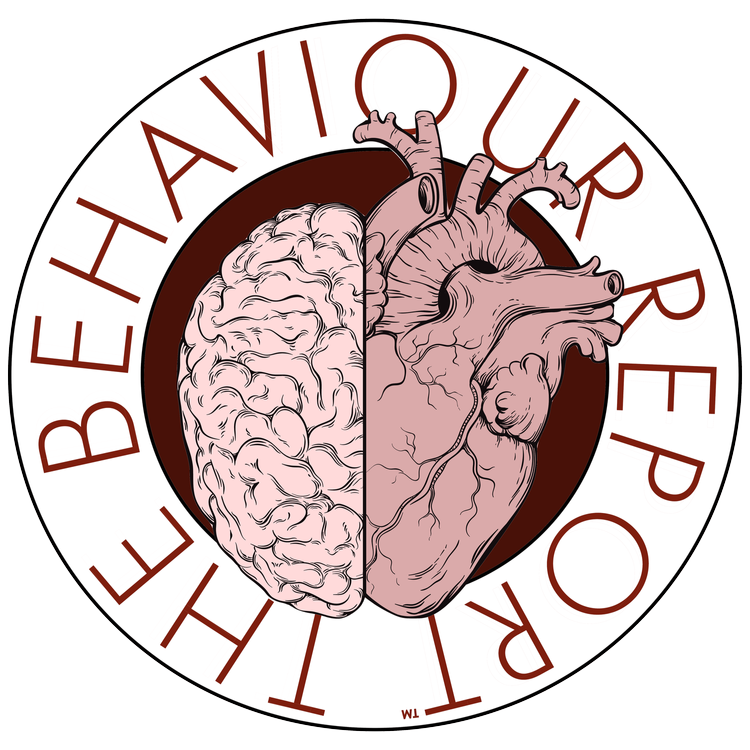Dan Gregory @DanGregoryCo
As much as we like to think of ourselves as being intelligent, educated, rational and capable of reasoned decision making, that is scarcely what shows up in practice. We are far more likely to act and react intuitively or emotionally and then to post-rationalise our decisions with whatever evidence or justification we feel is necessary.
Sure, I can tell you all about Porsche’s racing heritage, the science of aerodynamics and sing the praises of German engineering, but that’s not why middle-aged chaps like myself buy a Porsche.
In fact, marketers, advertisers and sales people have long understood this. Unlike idealists, academics and social rationalists, their goal is not to deal with human beings as they wish they were, nor even to be too concerned with the origins of human behaviour and psychology, but simply to make a sale based on who they truly are and how they actually make their decisions.
This, rather unexpectedly, requires a more nuanced understanding of human behaviour than many research methodologies can reveal at a surface level. In focus group research, we all go to the gym regularly, exclusively read quality non-fiction books and only ever order a salad at the drive-thru.
Successful politicians and business leaders have also come to understand this dissonance between who we say we are and who we actually are and have learned to speak first to the heart before engaging the mind.
So, what really is driving us and sits behind our decision making?
All behaviour is identity driven
Human beings fundamentally act out of a sense of identity and more particularly to maintain a sense of identity congruence. This is largely unconscious behaviour that is anchored in our childhoods, socially reinforced and largely self-correcting. It’s one of the reasons that escaping one’s past can be so difficult.
Few of us need to be reminded how to act our age (despite the protestations of our parents). A more accurate reprimand might run more along the lines of, “Act more responsibly than your age is currently demonstrating.” The same holds true for our national, ethnic, religious and even sporting identities. These codified beliefs and behaviours are so intrinsic to who we think we are that we rarely, if ever, question them
When you challenge identity… it challenges back
One of the greatest barriers to making change stick or in persuading someone to change their point of view is that, you’re not simply asking them to change their mind or adopt a new behaviour or practice, you’re essentially undermining their existing identity. This will immediately cause your identity to rise, however irrationally, to its own defence.
Just think of any argument you’ve had at a family BBQ over politics, sport or even preferred music genres. The more you tell me I’m wrong, the more I’ll defend my identity and that of my “team”.
This is often referred to in psychology as the “backfire effect”. The more you try to rationalise your position and brow beat me with facts, the more likely I am to stubbornly hold the line on my identity.
So, if we do want to drive change, to persuade others and even change our own behaviour, how might the science of identity help us?
Firstly, consider “Who am I?”
The first level of identity is the self, or who you see yourself as.
People reveal their identities in everything they do - how they dress, the words they choose when they talk, how they carry themselves, what makes them laugh and what drives them to anger. In other words, if you want to know what’s driving someone’s decision making, you need to get good at watching and listening.
People tell you how to increase their influence with them by demonstrating who they think they are and who they wish to project to the world that they are.
Despite this, walk onto the sales floor of most industries or eaves drop on most management meetings and, typically, the wrong people will be doing the talking and not a great deal of influencing.
Secondly, ask “Who are we?”
The second level of identity is one of group or tribe or association.
This runs deeper than loyalty that exists across family lines - that’s to be expected. We’re biologically designed to feel some sense of loyalty to and a desire to protect those we are related to (even if we wish that were not the case).
However, social identity is what has allowed human societies to evolve to nation status that far exceed any notion of tribe in the traditional sense of only a few hundred at most and is what allows human beings to collaborate and make personal sacrifices out of a kind of “social selfishness.” Put another way, this is where our gain becomes internalised as my gain.
This might be as mundane as standing in the rain to cheer on our sports team or as significant as the sacrifices soldiers make for each other in combat.
If we want to be influential and to be more persuasive, trusted and position ourselves as leaders in our teams and thought leaders in our industries, we need to communicate with those we wish to lead at both levels of identity.
So, who do you help us to be?
